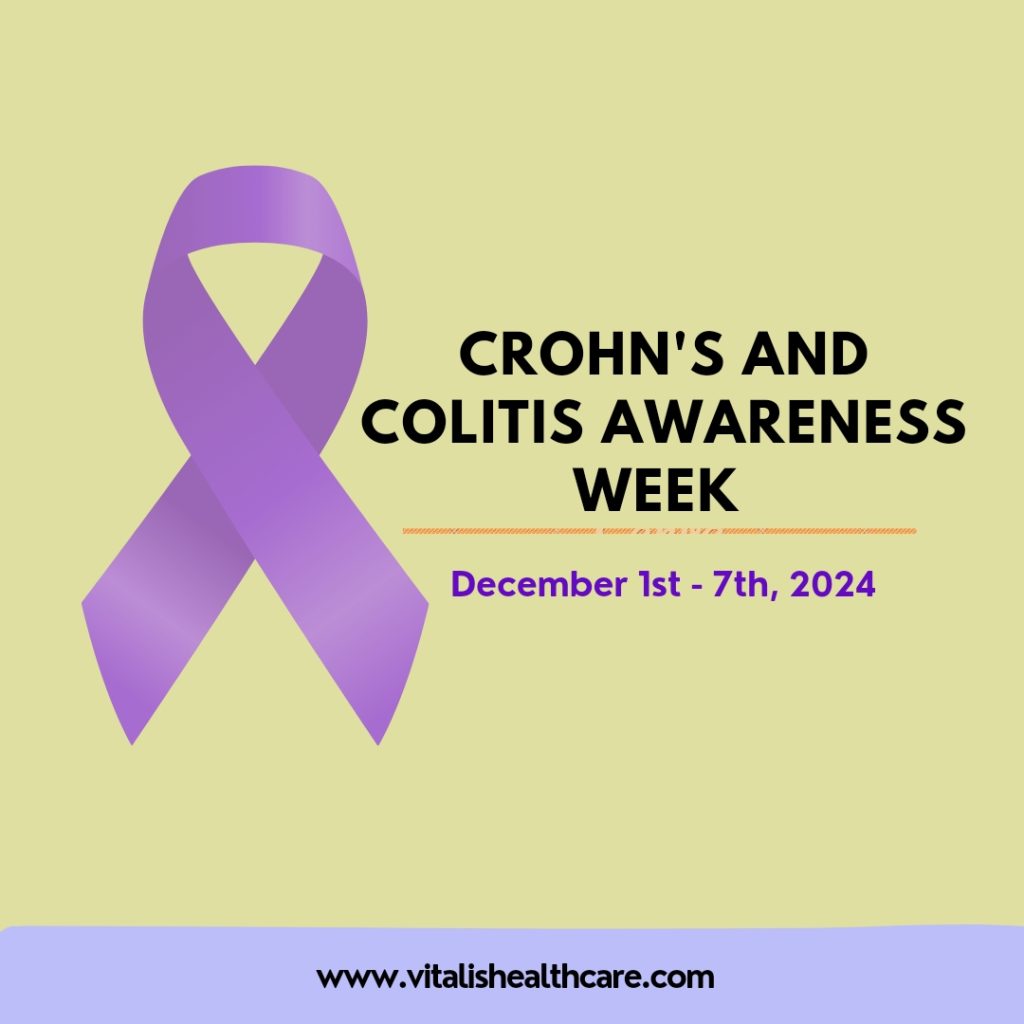Crohn’s disease and ulcerative colitis are both forms of Inflammatory Bowel Disease (IBD) that affect millions of people worldwide, with an estimated 3 million Americans currently living with these conditions. According to the Centers for Disease Control and Prevention (CDC), approximately 70-80% of individuals with Crohn’s disease will experience complications requiring surgery at some point in their lives. Similarly, ulcerative colitis can lead to serious complications like severe bleeding, perforation of the colon, or even colon cancer if not managed properly.
The symptoms of these diseases include; chronic diarrhea, abdominal pain, fatigue, and weight loss, which can be debilitating and impact quality of life. Yet with the right treatment, lifestyle adjustments, and support, many people with IBD can manage their symptoms effectively and reduce the frequency of flare-ups. In this article, we’ll discuss key symptoms, tips for management, and how home healthcare services can offer much-needed relief for those living with Crohn’s disease or ulcerative colitis.
Both Crohn’s disease and ulcerative colitis cause inflammation in the digestive tract, but they affect different areas and present some unique symptoms.
Characteristics Of Crohn’s Disease:
- Can affect any part of the gastrointestinal (GI) tract, from mouth to anus.
- Common symptoms include abdominal pain, chronic diarrhea (often with blood), fatigue, weight loss, and malnutrition.
Characteristics Of Ulcerative Colitis:
- Primarily affects the colon and rectum.
- Common symptoms include persistent diarrhea (often with blood or pus), abdominal cramps, frequent urgency to have bowel movements, and fatigue.
While both conditions share similar symptoms, it’s important to distinguish between the two for proper diagnosis and treatment. Proper management requires not just addressing symptoms but also adjusting lifestyle and dietary habits to reduce flare-ups and maintain overall health.
Practical Tips for Managing Crohn’s Disease and Colitis at Home
A few key strategies for managing these chronic conditions more effectively at home include;
- Follow a Nutrient-Rich, IBD-Friendly Diet: Managing nutrition is essential in preventing flare-ups and improving overall health. Crohn’s disease and ulcerative colitis often cause malabsorption, making a balanced diet especially important. It is advisable to opt for smaller, frequent meals instead of large ones. Avoid foods that trigger inflammation, such as high-fat foods, raw vegetables, and dairy products.
- Reduce Stress and Improve Mental Health: Stress can trigger or worsen flare-ups, making mental health a critical factor in managing IBD. Emotional well-being plays a significant role in the body’s physical health. Practice relaxation techniques like deep breathing, yoga, or meditation. Consider therapy or counseling to manage stress and anxiety associated with chronic illness.
- Maintain Regular Physical Activity (Within Limits): Exercise is essential for maintaining general health, but it’s important to listen to your body. During flare-ups, rest is key, but light activities can help improve digestion and reduce stress. Low-impact exercises like walking, swimming, or stretching are beneficial for reducing symptoms without overexerting yourself.
- Stick to Your Medication and Monitor Symptoms: Adherence to prescribed medications is vital for managing Crohn’s disease and ulcerative colitis. Missing doses or not following the treatment plan can result in worsened symptoms or flare-ups. Use a medication tracker or set reminders to take medications regularly. Keep a log of your symptoms and any changes to share with your healthcare provider.
Signs You Need Professional Support
While at-home care can help manage day-to-day symptoms, there are times when additional support is needed.
- Uncontrolled or severe symptoms (e.g., frequent diarrhea, intense abdominal pain)
- Weight loss, malnutrition, or dehydration
- Difficulty managing daily activities due to pain or fatigue
- Emotional stress or mental health concerns
Living with Crohn’s disease or ulcerative colitis doesn’t have to mean a life of constant discomfort and disruption. With the right strategies, including a proper diet, stress management, regular physical activity, and medication adherence, it is possible to live a fulfilling life. However, managing these chronic conditions can be complex and overwhelming, especially for those experiencing severe symptoms.
CONTACT US
Don’t let IBD control your life. Contact us at Vitalis Healthcare today to schedule a consultation and learn how our home healthcare services can help you manage symptoms, provide relief, and improve your quality of life.
Phone Number: 240.716.6874
Email: info@vitalishealthcare.com
Location: 8757 Georgia Avenue Suite 440 Silver Spring, MD 20910


